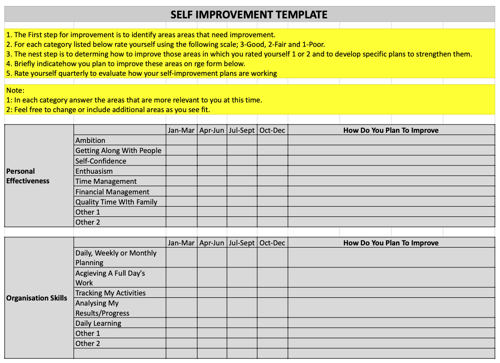New Year Resolutions become the buzz phrase for at least the first three months of every new year. Unfortunately, most of these resolutions become obsolete in a matter of weeks.
As we approach the threshold of a new year, many of us look at it as an opportunity to do several things;
- Start over.
- Pick up where we left off.
- Overcome a bad habit.
- Start something new.
- Become better at what we currently do.
- Be a better spouse or parent.
- Lose weight.
- Become better managers of their time.
- Etc.
Cosmetic surgeon Dr. Maxwell Maltz, author of Psycho-Cybernetics, A New Way to Get More Living Out of Life, coined the phrase "It takes 21 days to form a habit". A spin on it also says breaking the habit can take as little as three days. Though this is not scientifically proven, this pattern can be seen as accurate when studying human behaviour.
It is easier for people to revert to what they are familiar with than continue with what is new (change); hence, there is an early bailout from a resolution in most instances.
Read Forbes Article: "JUST 8% Of People Achieve Their New Year's Resolutions"
Most resolutions are open-ended, leaving room to acquit oneself from change easily. There are high levels of hesitation about making resolutions because so many good intentions are followed by bad habits, practices and climaxed with the familiar lousy taste of failure.
Apprehension or anxiety to commit to a resolution comes from having the wrong approach, i.e., Based upon where we are now (current state) and where we need to be (future state). There is no full appreciation for how large or small the gap is and what's required to fill it.
A consultant takes the approach of looking at the present and then the future. That way, they get a snapshot of where the individual or organization is and the actions needed to get them to where they need to be. The same should happen with anyone making new year resolutions.
Here are some of the questions that one should ask themselves when making resolutions;
SELF ASSESSMENT QUESTIONS:
- Who am I?
- What am I currently doing that is good?
- What can I do better?
- Am I happy with my current state? If no (see next bullet)
- Why?
- Where would I like to be?
- What is required of me to get there?
- Where am I devoting most of my time? Thinking of SUCCESS or FAILURE? Not thinking of any at all?
- Have I developed over the last year? If so, how and in what way?
- What's the next step?
These are just a few primary questions that will do any of the following.
- Make us feel good, empowered, optimistic and driven about ourselves/direction. Or,
- Make us feel extremely bad, scared, sad, worthless, etc.
Whatever the outcome, these questions are relevant to your development and the next step.
Download Free Resource:
Self Improvement Assessment Template
The next step to making that change is setting GOALS and taking action. Goals define or redefine the purpose and put things in the right direction. Without them, we are a rudderless ship, knowing where we would like to be, but no planned direction as to how and when we will reach that destination.
Lastly, the main ingredient of any resolution is commitment. Commitment is considered one of the most challenging steps to any change towards growth or improvement. Commitment challenges our very being and sometimes puts us in a place of uncertainty.
Read: Looking For A Successful New Year? Here's Seven Things You Need To Be
This uncertainty creates a crippling feeling of fear and drives us to a halt. Human nature will always gravitate to anything that we are most comfortable with. As a result, some run away from their resolutions, quickly reverting to what was familiar and sometimes unproductive while consciously knowing we need to move from that place of comfort.
A famous quote from Albert Einstein said, "The problems faced today cannot be solved at the same level of thinking from when they were first created".
Everything mentioned here has one thing in common: it requires the mind to be tested.
Resolutions, Goals and Commitment are all intangibles. Once approached and executed correctly, it can make a tangible difference in our lives and the lives of others.
Citation: Statistic Brain: http://www.statisticbrain.com/new-years-resolution-statistics/
Enjoyed This Article? Subscribe to Our Blog for More.





-3.png?width=500&name=OPAAT-SWY%20Youtube%20Artwork%20(3)-3.png)
COMMENTS